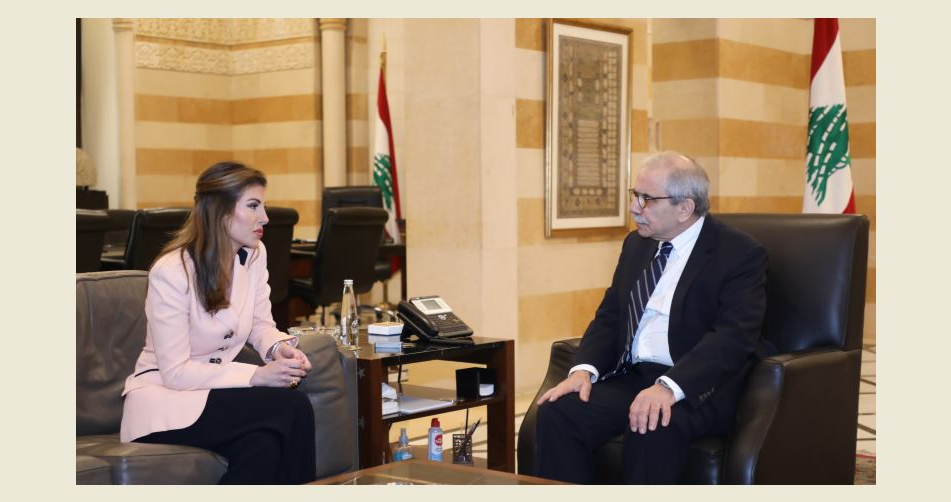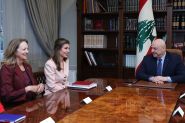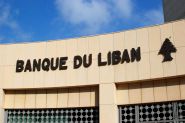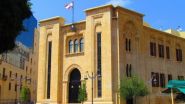
The US President's Deputy Special Envoy for the Middle East, Morgan Ortagus, appears to be pursuing a policy of soft power diplomacy in Lebanon, where she began an official two-day mission yesterday.
Arriving in Beirut on Friday, the American envoy held talks on Saturday morning with President Joseph Aoun, Prime Minister Nawaf Salam and Speaker of Parliament Nabih Berri. She also met with the Commander-in-Chief of the Army, General Rodolphe Haykal, and the head of the Lebanese Forces, Samir Geagea.
Each of her meetings with the key political figures lasted over an hour and was preceded by a private tête-à-tête. Ortagus was accompanied by Natasha Franceschi, Deputy Assistant Secretary of State for Middle Eastern and Syrian Affairs, Lisa Johnson, the US Ambassador to Lebanon, and a delegation of US officials.
Although Ortagus refrained from making statements to the press following each of her meetings, information leaked to the media suggests that the American envoy revisited the issue of disarming Hezbollah. Contrary to previous indications, it seems that she did not directly call for the establishment of a formal timetable for this disarmament—which is both an American demand and a Lebanese one. Indeed, many Lebanese support President Aoun's stance on limiting the carrying of weapons to official forces only.
On the other hand, Ortagus emphasized the importance of disarmament for Lebanon's reconstruction and recovery. In other words, she made it clear to her interlocutors that Lebanon risks losing out access to promised aid if it doesn't take action to collect weapons still held by Hezbollah and other pro-Iranian groups south and north of the Litani River.
Washington has welcomed measures taken by Lebanon to control the airport and block the flow of money and weapons to Hezbollah. However, these efforts are deemed insufficient by the US, which is urging the Lebanese authorities to accelerate their actions. Otherwise, Lebanon will not only remain deprived of recovery aid but also continue to face Israeli interventions targeting Hezbollah or Hamas positions inside the country.
Lebanese officials briefed their American counterparts extensively on the army's actions to implement the ceasefire agreement. While President Aoun and Prime Minister Salam reaffirmed their commitment to the objectives outlined in the Head of State's inaugural speech and the Ministerial Declaration, Speaker Nabih Berri remained silent on how he responded to Ortagus's remarks. Ortagus has yet to meet with the Governor of the Banque du Liban, Karim Souhaid, the Minister of Foreign Affairs, Youssef Rajji, and other Lebanese politicians. She did meet early Saturday afternoon with Samir Geagea, head of the Lebanese Forces, one of the leading opposition figures against Hezbollah.




Comments